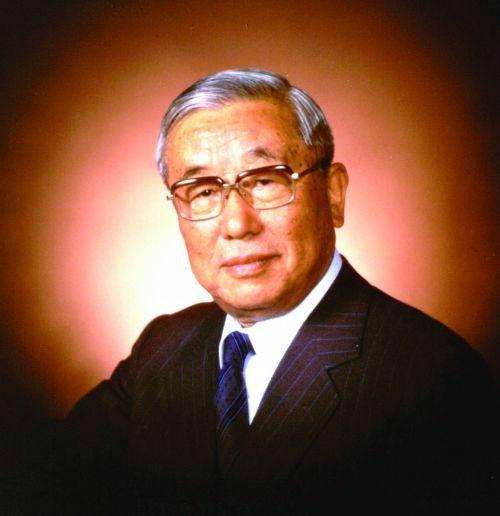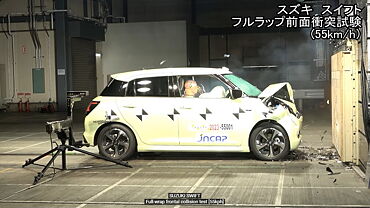Eiji Toyoda, who died on September 17 in Toyota City, was a VIP member of Toyota Motor's founding family. He pioneered 'lean manufacturing' methodology that proved immensely successful and eventually helped the auto maker to mark its global presence. He attained an age of 100 years and his death at the Toyota Memorial Hospital was caused due to the heart failure.

Tracing family history, Toyoda was the nephew of Sakichi Toyoda, Toyota Group founder. Toyoda was born on 12th of September, 1913, near Nagoya in central Japan. He was the second son of Heikichi and Nao Toyoda. Though, much of his youth was spent at the family's textile mill, he was always fond of machines. This is mentioned in his 1988 autobiography, 'Toyota: Fifty Years in Motion.' Toyoda completed his graduation from the University of Tokyo in 1936. With a mechanical engineering degree in hand, he joined the loom business of his family. In the following year, Kiichiro Toyoda, son of the founder, laid the foundation for Toyota Motor and took young Eiji Toyoda along his side, because of his interest in machines and educational qualifications.
Toyoda persisted as a President of Toyota from 1967 to 1982, continued with his post of chairmen and finally as an adviser until his last breaths. Toyoda played a transformational role in evolving a tiny textile company to a full-fledged world's renowned auto company. Early on, he played a pivoted role in putting Toyota at the forefront of the automobile production in Japan. Going along with this wave, he pushed Toyota to add compact vehicles and sports cars around 1960s and 1970s. In 1980s, he again started a unique initiative with the development of luxury car models. The idea was to compete with likes of Mercedes-Benz and BMW and supersede them eventually. Toyoda also helped in taking Toyota's expansion global by making a presence in international markets.
Due to his enormous efforts, the auto company had successfully established joint factory with General Motors in Fremont, Calif. This plant was known as Nummi and introduced Japanese lean-production methods to the American soil as a part of aimed migration of Japanese auto manufacturing techniques. Nummi finally shut down in the year 2010 and has become a site for electric car trailblazer Tesla Motors. In early 1990s, when Japan's economic growth sputtered, Toyoda responded to the crisis inside the company by urging that a change in way cars are made need to change if the auto maker wanted to survive in the upcoming 21st century. This led to the development of Toyota's popular Prius gas-electric hybrid.
Eiji Toyoda had a keen eye to spot waste and quality problems. He said, "Problems are rolling all around in front of your eyes. Whether you pick them up and treat them as problems is a matter of habit. If you have the habit, then you can do whatever you have a mind to."
In 1950, he went on a pivotal three month tour for surveying Ford's Rouge plant in Detroit. Notably, before the war, Toyota was forbidden from building passenger cars by the then existing military government. Instead, the company was compelled to make trucks in issuance of Japan's war effort. Toyoda continued with his excellent contribution for Toyota. In the eventual year 1994, the Automotive Hall of Fame in Dearborn, Mich. inducted Toyoda for his immense contributions towards car manufacturing. Certainly, his passion and intent for the company reflects from the statement wherein he said, "Ever since Toyota's establishment in 1937, I have been involved in this wonderful business, and as long as my engine keeps running, I intend to give back as much as I can for the industry's further development."



























